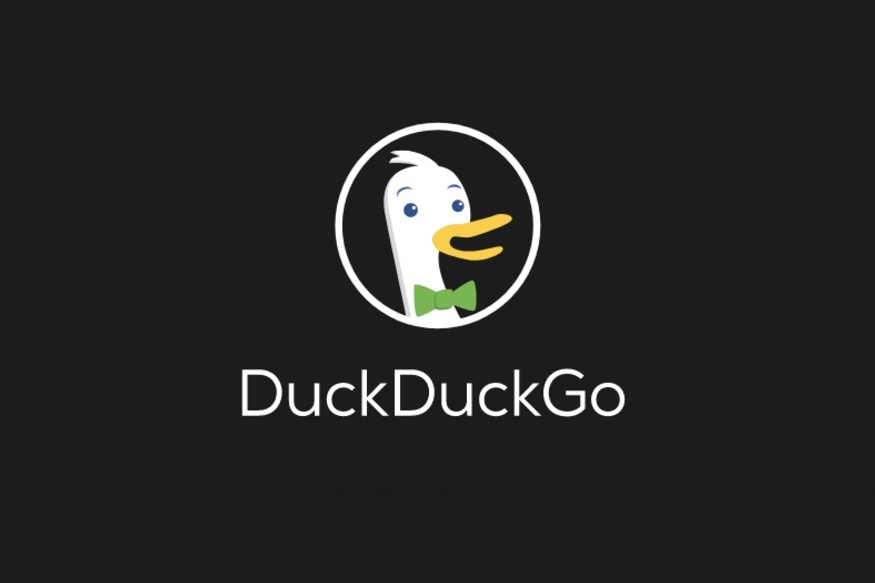
Ecosia is the largest European search engine, which begs a question: Why is Google able to pick and choose who gets default status on Android? Planting trees in biodiversity hotspots is our priority - this means that biddings processes like this cut out purpose-driven search engines like Ecosia.” The winners by market “Internet users deserve a free choice over which search engine they use, and the response of Google with this auction is an affront to our right to a free, open, and federated internet. “We believe this auction is at odds with the spirit of the July 2018 EU Commission ruling,” Ecosia CEO Christian Kroll told VentureBeat. Needless to say, neither Ecosia nor Cliqz entered the auction process, and as a result they don’t appear as a default choice anywhere in Europe. And Cliqz, a browser that sports its own built-in search engine, said the auction “obstructs the market for competitors.”

Ecosia, the Berlin-based not-for-profit search engine that plants trees with 80% of its surplus income, called this an “affront” to the EU’s ruling the previous year. Not every Google Search rival was ecstatic about this auction process. The winner would agree to pay Google every time a user chose them as the default search engine (regardless of whether the user later changed their choice).Ībove: Default search example screenshot: Google’s Android The next step to appease regulators was an auction process that would give alternative search engines a better chance to become the default provider on mobile devices in Europe. As part of measures to placate European regulators, Google started suggesting alternative browsers and search engines for Android users, though these were in addition to Chrome and Google Search, which were still set as defaults. In response to the fine, Google overhauled its Android licensing model in Europe, electing to separate Google Search and Chrome from its other suite of apps and to offer different licenses for each “bundle” - which it would charge for. While Google (correctly) argued that manufacturers are free to use Android as they wish, given that the operating system is released under an open source license, to offer core services such as YouTube and Google Maps, they have to preinstall a broader array of Google apps - including Chrome and Google as the default browser and search engine, respectively.

By way of a quick recap, EU antitrust regulators hit Google with a record $5 billion fine in 2018 over the way it bundled its services on Android, claiming that the company forced manufacturers to preinstall certain Google apps to gain access to others.


 0 kommentar(er)
0 kommentar(er)
